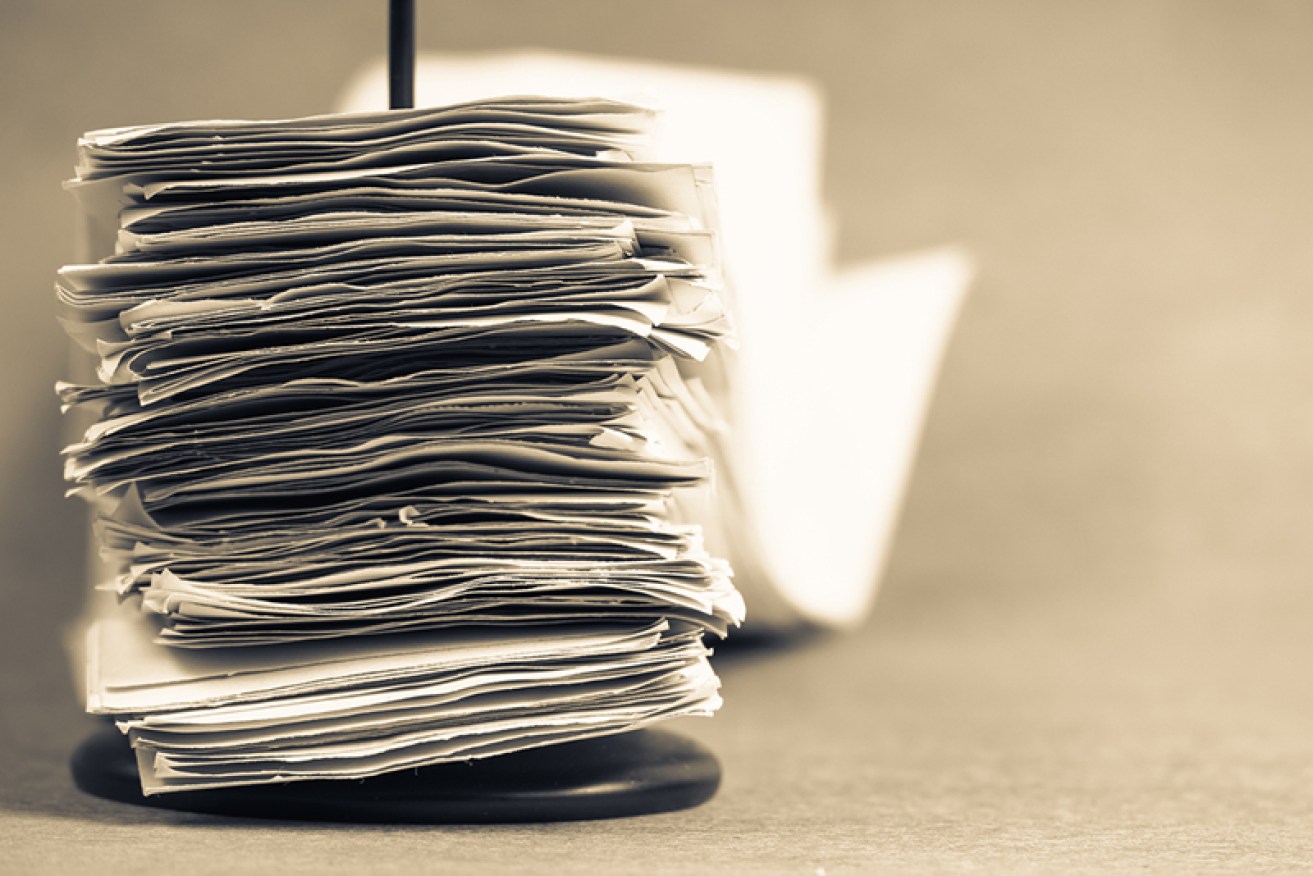Seven tips to maximise your tax return


dfdfd
If you’re one of those people who watches all your friends rake in thousands in their tax return, while you’re lucky to get back 50 bucks, then this article is for you.
The end of the financial year is fast approaching (it’s June 30). But fear not: if you haven’t spent the past year hoarding every single receipt, there’s still time.
• The sneaky trick being used to tax you more
• How to make the most of your tax return
• Winter is coming: take control of your power bill
We spoke to two tax experts to get some of their secret tips on how to maximise your tax return. This is what they told us.

Do you do any work from home? Any work at all? Photo: Shutterstock
Claim deductions for a home office
Simone Davis, accountant and tax agent at online tax return service etax.com.au, says you don’t need to be self-employed to claim a tax deduction on a home office.
“If you are frequently required to handle emails from home or have a formal teleworking arrangement, you’re entitled to claim a tax deduction for a percentage of your running costs and equipment. This isn’t limited to the standard computer, internet and phone costs; it can also include things like lamps, chairs and desks.”
Prepay expenses for the following year
“If you have a rental property,” says Ms Davis, “prepaying expenses for that property up to 12 months ahead can be used as a deduction for the current financial year. This can include council and water rates, body corporate fees, and any repairs/maintenance. Other expenses you can prepay include income protection insurance, membership fees and subscriptions for work-related newspapers, magazines and periodicals.”
Take advantage of Mr Hockey’s small business package
If you have an active ABN, you can take advantage of the generous tax break options recently announced for small businesses, which allows you to deduct purchases of up to $20,000 in your tax return.
“Before you rush out on a spending spree however,” says Ms Davis, “it’s worth noting that the legislation needs to be passed by the Senate before it goes into effect. Also, bear in mind that tax deductions aren’t a dollar-for-dollar refund. Any expenses you claim are deducted from your taxable income rather than your income tax liability, which means you’re likely to get back well under half of the value of the expense.”
Claim small purchases

Why not invest in a receipt skewer for next year’s tax return? Photo: Shutterstock
If you’re not self-employed, the easiest way to claim tax deductions is by including purchases under $300, as long as they have added to your income-earning power. “Whether it’s a 1.5TB portable hard drive, a Bluetooth keyboard, or wireless router for your home Wi-Fi network, these purchases can add up and result in a decent deduction off your total income.”
So if you have any receipts lying around, what are you waiting for?
Delay income
Another easy way of minimising your tax liability is by delaying income. “As counter-intuitive as it sounds, delaying any income that you’re expecting in June can leave you with more money in your pocket when it comes to your tax bill. Since you’re taxed on income you earn in the financial year (ie from July 1 to June 30), delaying that income to July means you won’t be taxed on it for this financial year. This could include a salary bonus, or capital gains from selling shares, investments or property,” says Mr Davis.
This year’s a write-off? Then prepare for next year
If you haven’t kept track of things this financial year, there is always next year. “Tax time is also a good time to reassess your budget,” says Doug Morris, chief executive of stock portfolio management platform Sharesight.
ASIC’s Money Smart ‘Track My Spend’ and ‘Pocketbook’ are also good options. Alternatively, you could try the ‘Money Smart Mobile Calculator’, which combines five financial calculators to help you work out long-term implications when you make a financial decision.
You should get into the habit of making a copy of your receipts as you go, using apps like expensify.com. You can produce a PDF to send to your accounts. It’s also handy all through the year for work-related expense claims. Sort, tag and manage all your expenses in the one app.
First stop: the ATO
Perhaps the most important thing to remember is: if you don’t have a complicated tax return, you don’t need to go through an accountant. Just lodge directly through the ATO for free. You can find out how here.








